15 Useless Items Baby Boomers Tend to Buy After Retirement (And Why You Should Avoid Them)

Retirement is one of life’s most exciting milestones—a time to relax, explore new hobbies, and enjoy the fruits of your labor. But with all that newfound free time and the urge to treat yourself, it’s easy to fall into the trap of buying things that seem like a good idea at the time. Unfortunately, some of these purchases end up gathering dust, draining your savings, and taking up valuable space. In this blog, we’ll highlight 15 common items that Baby Boomers tend to buy after retirement—and why you should think twice before bringing them home. Let’s dive in and discover how to avoid these money-sucking mistakes!
1. Expensive Kitchen Gadgets
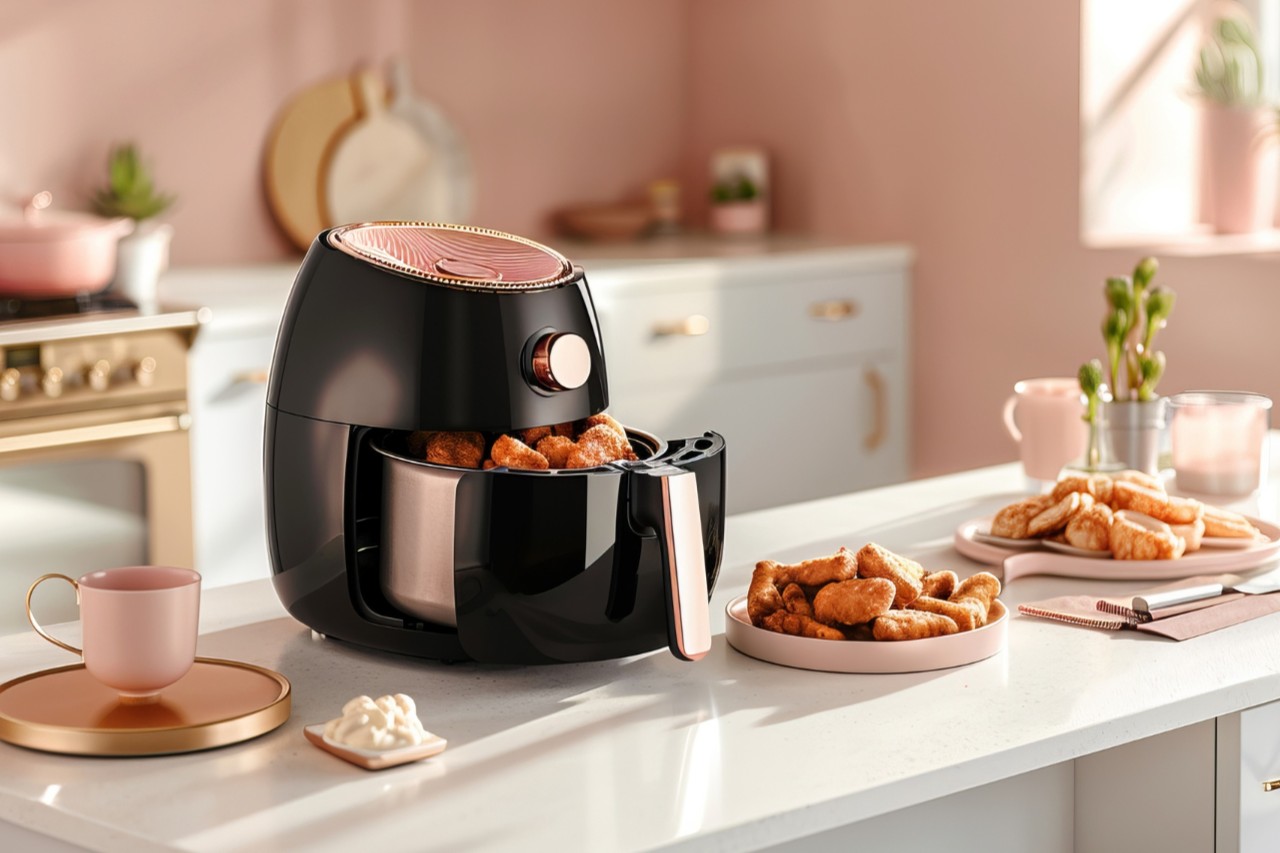
Let’s face it, we all get excited about the latest kitchen gadget—whether it’s a fancy air fryer, a high-tech blender, or an intricate coffee maker. But after the initial thrill wears off, many of these items end up shoved in the back of the cabinet. How many times have you bought a gadget only to realize you only used it once? Instead of splurging on gadgets that do one thing, invest in versatile kitchen tools that make cooking easier and more enjoyable. A good set of knives or a multi-functional pot will serve you much better in the long run!
2. Overpriced Exercise Equipment
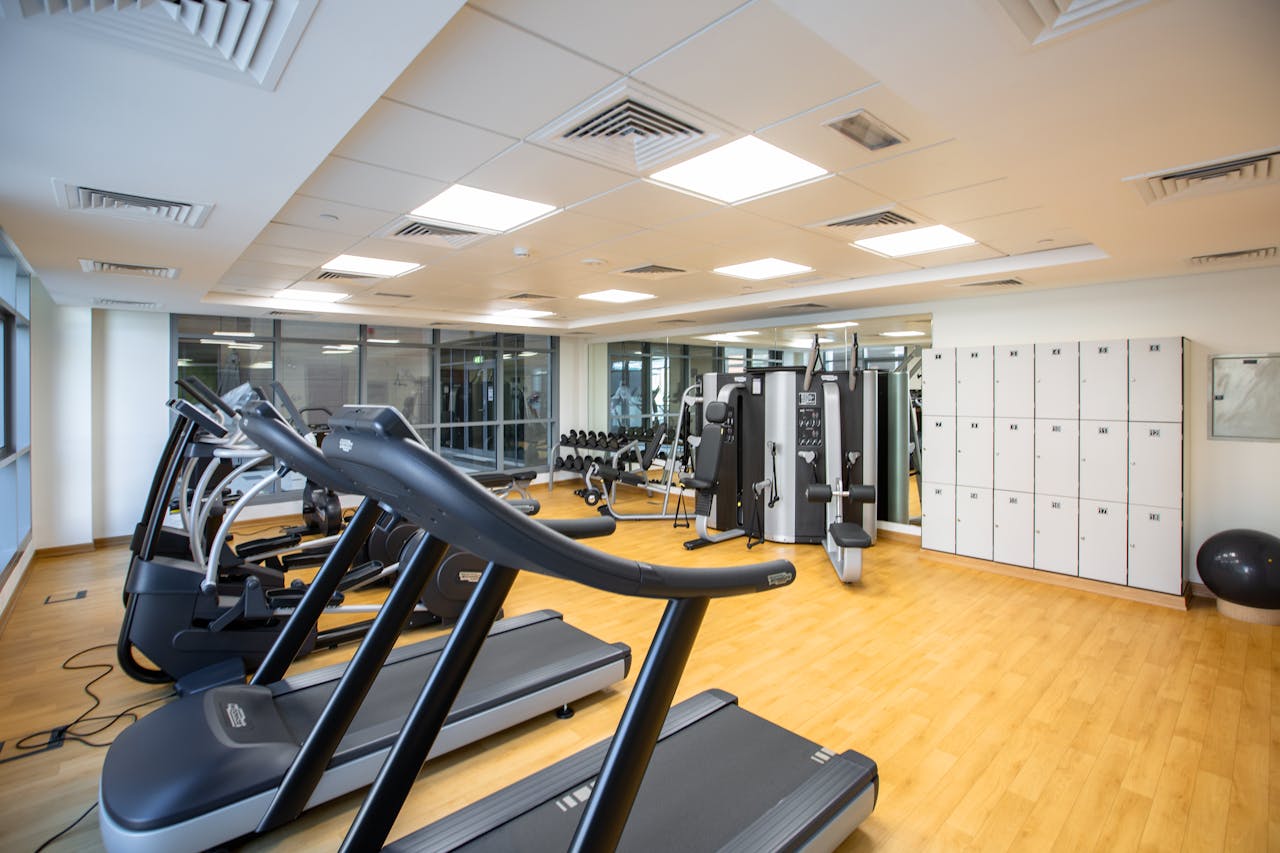
After retirement, staying active is essential, and many retirees think buying pricey exercise equipment is the solution. But let’s be honest—how many treadmills, stationary bikes, or elliptical machines have you seen collecting dust in a corner? They’re just not as motivating as they seem! Instead of investing in bulky equipment that takes up space, try joining a local fitness class, walking in the park, or cycling around your neighborhood. Your body will thank you, and your living room will thank you too.
3. Fancy Lawn Decorations
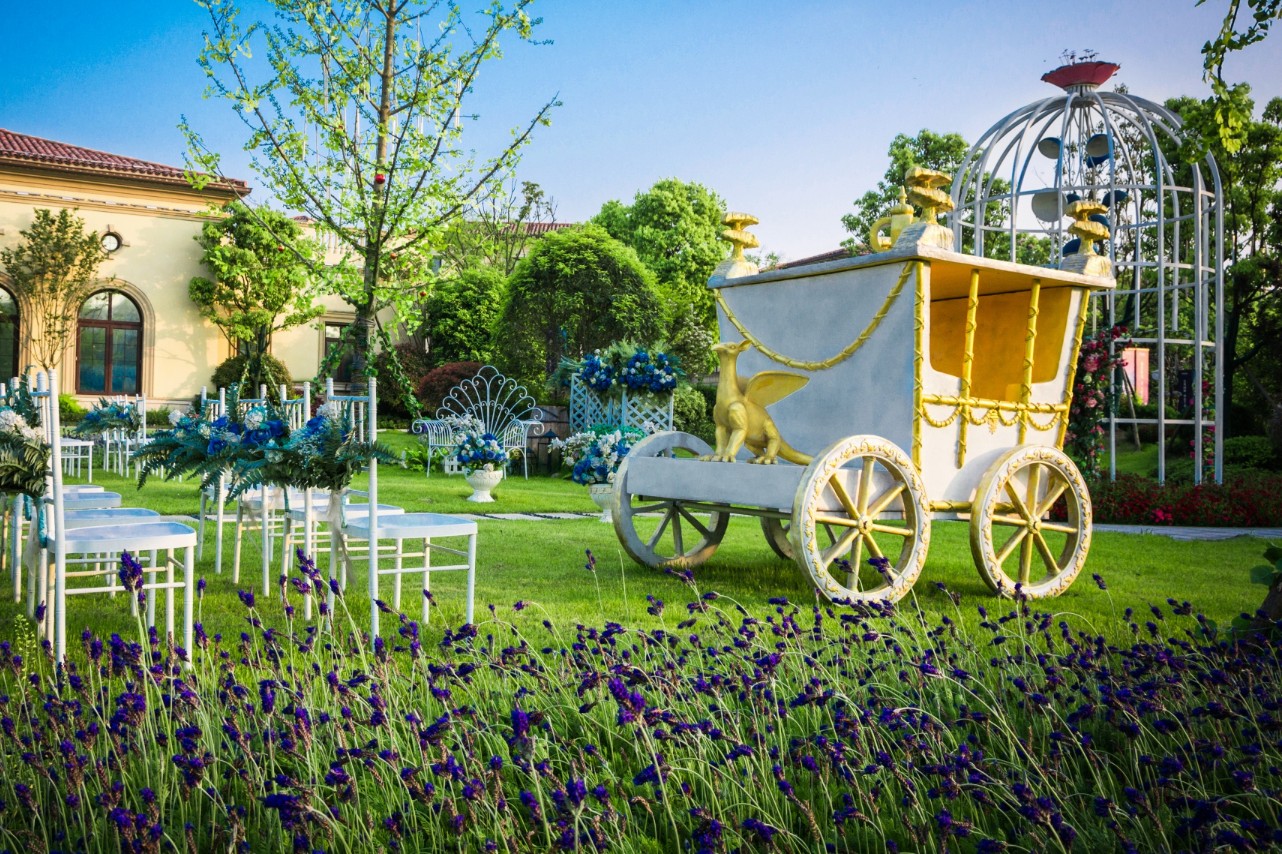
Retirees often spend more time in their gardens, and what better way to spruce up your yard than with a few decorative items? Well, before you go overboard with oversized gnomes, fairy lights, and giant flamingos, remember that less is more. These decorations can quickly clutter your space and make your yard look more like a carnival than a tranquil retreat. Instead, invest in plants, flowers, or simple landscaping features that enhance your outdoor space without the clutter.
4. Unnecessary Subscription Services

Retirement gives you the luxury of more free time, and many retirees sign up for multiple subscription services. Streaming platforms, monthly box deliveries, and even meal kits can be tempting, but how many of them are you really using? Instead of signing up for every service that pops up in your inbox, take a moment to evaluate which ones truly bring value to your life. Focus on the ones that you actually enjoy and use regularly—your bank account (and your inbox) will thank you.
5. Expensive Home Security Systems
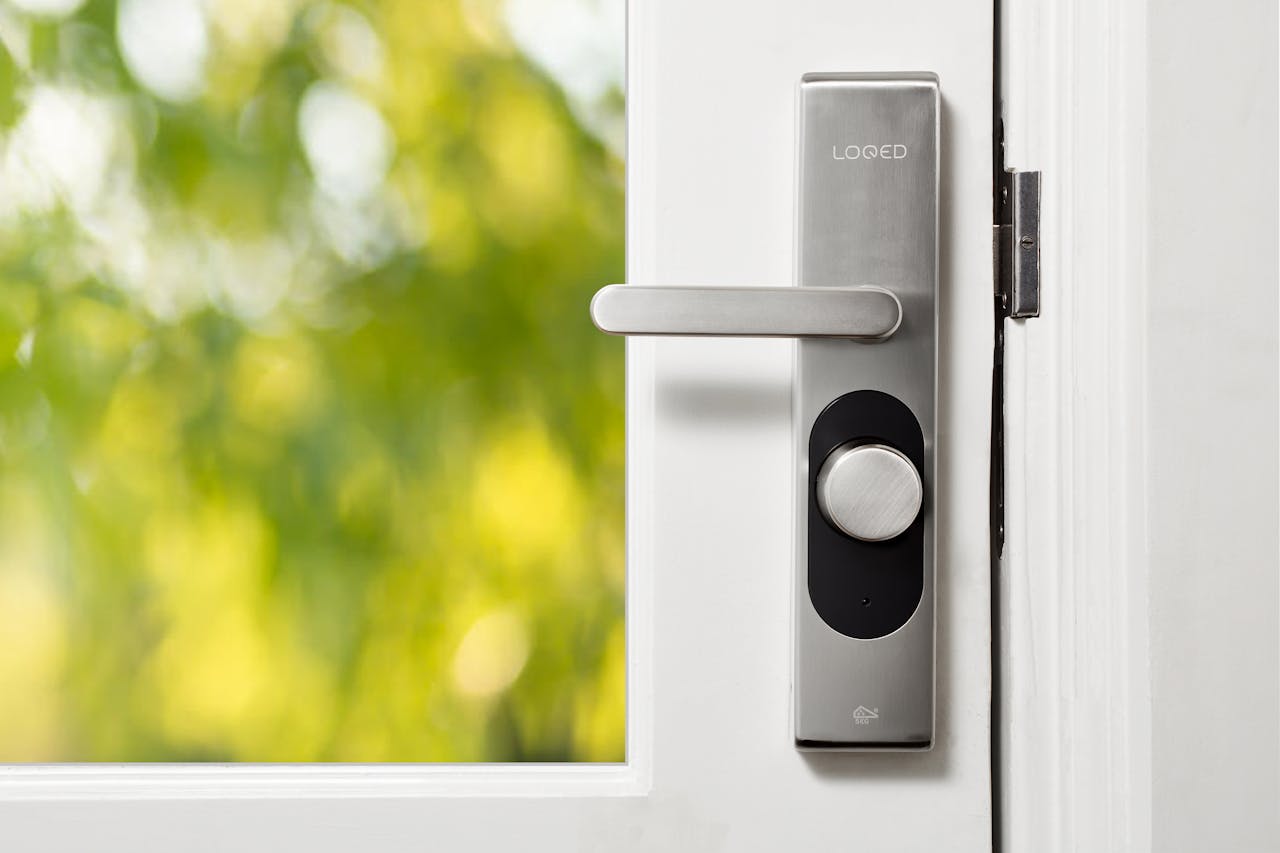
Security is important, but that doesn’t mean you need to splurge on an over-the-top security system with all the bells and whistles. Many Baby Boomers invest in expensive, high-tech home security systems that require constant monitoring and maintenance. While it’s important to protect your home, simpler solutions—like good locks, motion detectors, and outdoor lighting—can provide the same level of security without the hefty price tag. Don’t let fancy gadgets fool you into thinking they’re the only way to stay safe.
6. High-End Clothing for Special Occasions

You’ve worked hard for decades, and now that retirement is here, it’s tempting to buy that luxurious dress or suit for every special occasion. But let’s be real—how often will you wear it? Instead of splurging on high-end outfits you’ll wear once or twice, invest in versatile pieces that can be dressed up or down for any occasion. A well-tailored jacket, a classic pair of shoes, or a simple dress can work wonders without draining your retirement savings.
7. Unused Travel Accessories
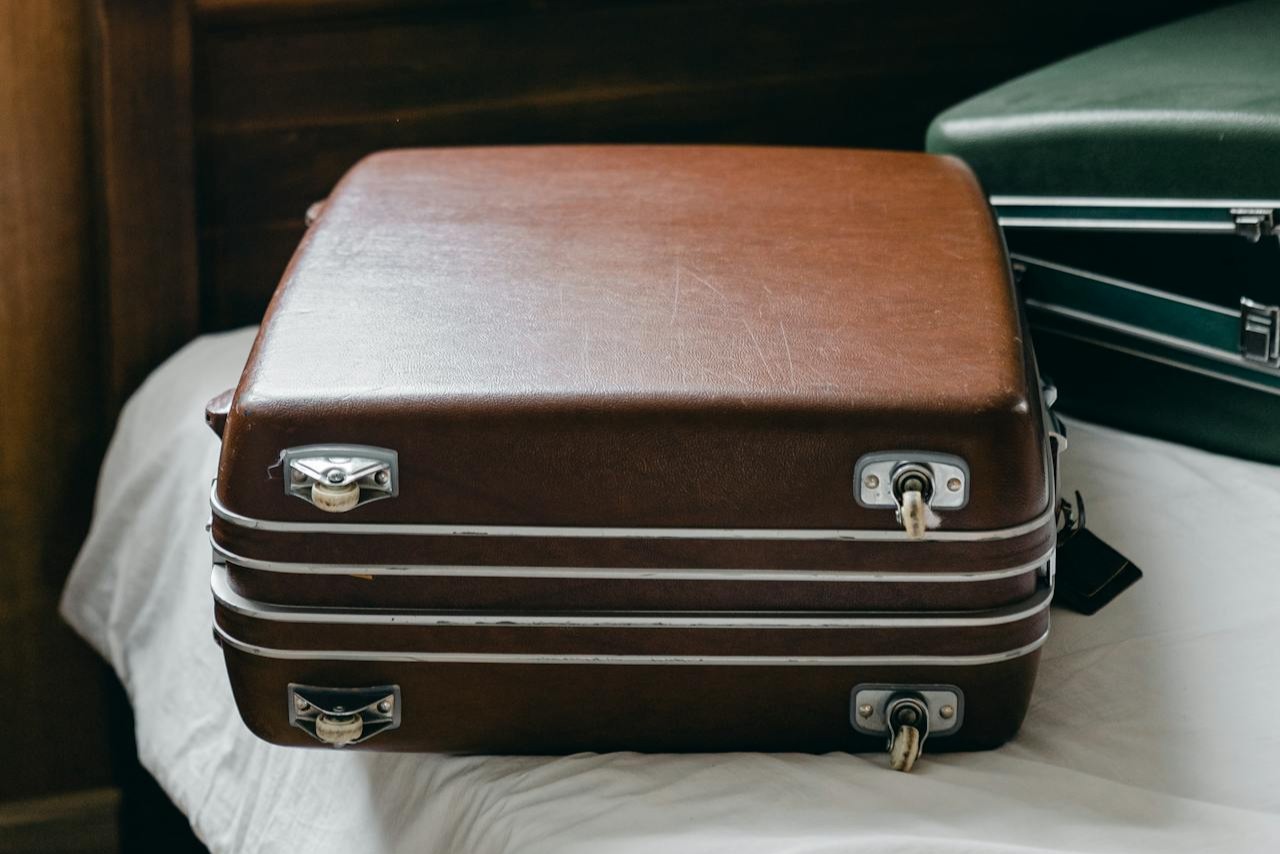
Retirement often sparks the desire to travel, and with that comes the urge to buy every travel accessory on the market. From fancy luggage sets to neck pillows and portable chargers, the list goes on. But let’s face it, how many of these items do you actually use? Before buying yet another travel gadget, ask yourself if it will truly enhance your trip. Stick to the essentials—comfortable luggage, a good travel wallet, and maybe a portable charger for your phone—and leave the rest behind.
8. Overly Complicated Tech Gadgets

Technology is great, but let’s be honest—sometimes it can be more trouble than it’s worth. Many Baby Boomers invest in smart home devices, advanced remotes, and high-tech phones that are more complicated than they’re worth. These gadgets often require time to learn, maintenance, and updates. Instead of getting tangled up in tech that you don’t need, focus on simple, user-friendly devices that actually make your life easier. A good phone, basic smart speaker, and a few smart home essentials are all you need to stay connected without the confusion.
9. Expensive Hobbies with Limited Use

Retirement is the perfect time to explore new hobbies, but some Baby Boomers dive into expensive activities like golf, sailing, or collecting rare items. While these hobbies can be fun, they often come with high ongoing costs that can add up quickly. Before committing to a new hobby, consider whether it’s something you’ll enjoy long-term or if it’s just a passing interest. There are plenty of affordable hobbies—like gardening, painting, or hiking—that don’t require a huge investment.
10. Decorative Items for the Home
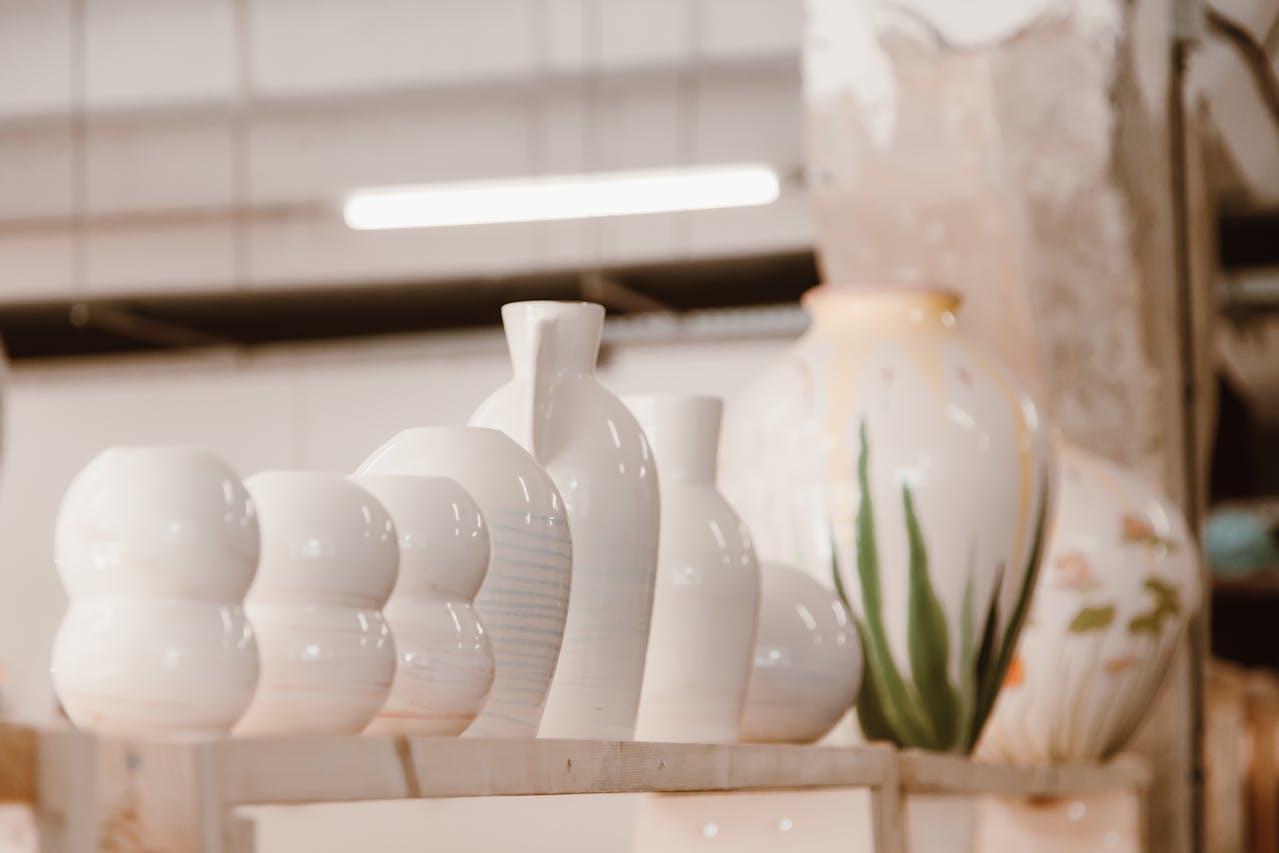
There’s nothing wrong with adding a little personality to your home, but excessive decorative items can quickly lead to clutter. Think about it—how many vases, sculptures, and throw pillows do you really need? Instead of filling your space with things that just take up room, focus on creating a minimalist environment that brings you peace and comfort. A few carefully chosen pieces can go a long way in making your home feel cozy and stylish without the overwhelming clutter.
11. Expensive Health Supplements

It’s no secret that health becomes a top priority after retirement, but before you start buying every health supplement on the market, ask yourself: Do I really need this? Many supplements promise to improve everything from joint health to cognitive function, but their effectiveness is often exaggerated. Instead of spending money on pills and powders, focus on maintaining a balanced diet, staying active, and getting enough sleep. Your body will thank you in the long run.
12. Fancy Coffee Makers

Coffee is a beloved ritual for many, but do you really need a fancy espresso machine or a high-tech single-serve pod system? These machines are often expensive, require ongoing maintenance, and use costly pods or specialty coffee. Instead of splurging on a top-of-the-line coffee maker, opt for a more affordable model or simply enjoy your coffee at a local café. You’ll save money and avoid the hassle of maintaining an overly complicated machine.
13. Expensive Art for the Walls

Art can be a beautiful way to personalize your space, but that doesn’t mean you need to spend a fortune on expensive paintings or sculptures. Many Baby Boomers fall into the trap of buying pricey art for their walls, only to realize that it doesn’t fit their style or needs. Instead of splurging on high-end art, consider affordable alternatives like prints from local artists, thrift store finds, or even DIY projects. These options can add character to your home without breaking the bank.
14. High-Tech Gadgets for the Car
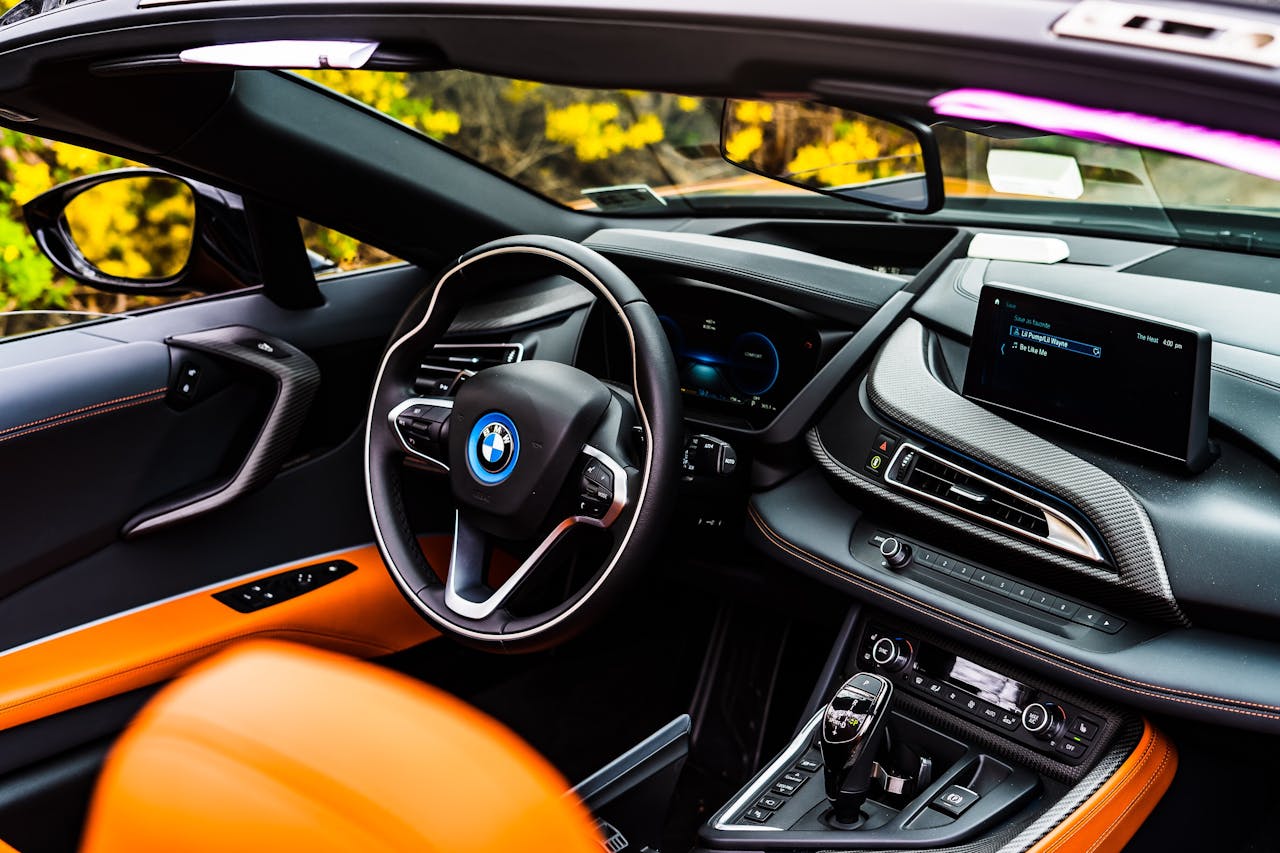
Some retirees invest in high-tech gadgets for their cars—like dash cams, Bluetooth systems, or parking sensors—thinking they’ll enhance their driving experience. But do you really need all of these extras? Most of these gadgets are more trouble than they’re worth, adding complexity and maintenance costs to your vehicle. Stick with the basics: a reliable GPS, an emergency kit, and a tire pressure gauge are all you need to stay safe on the road.
15. Unnecessary Home Renovations
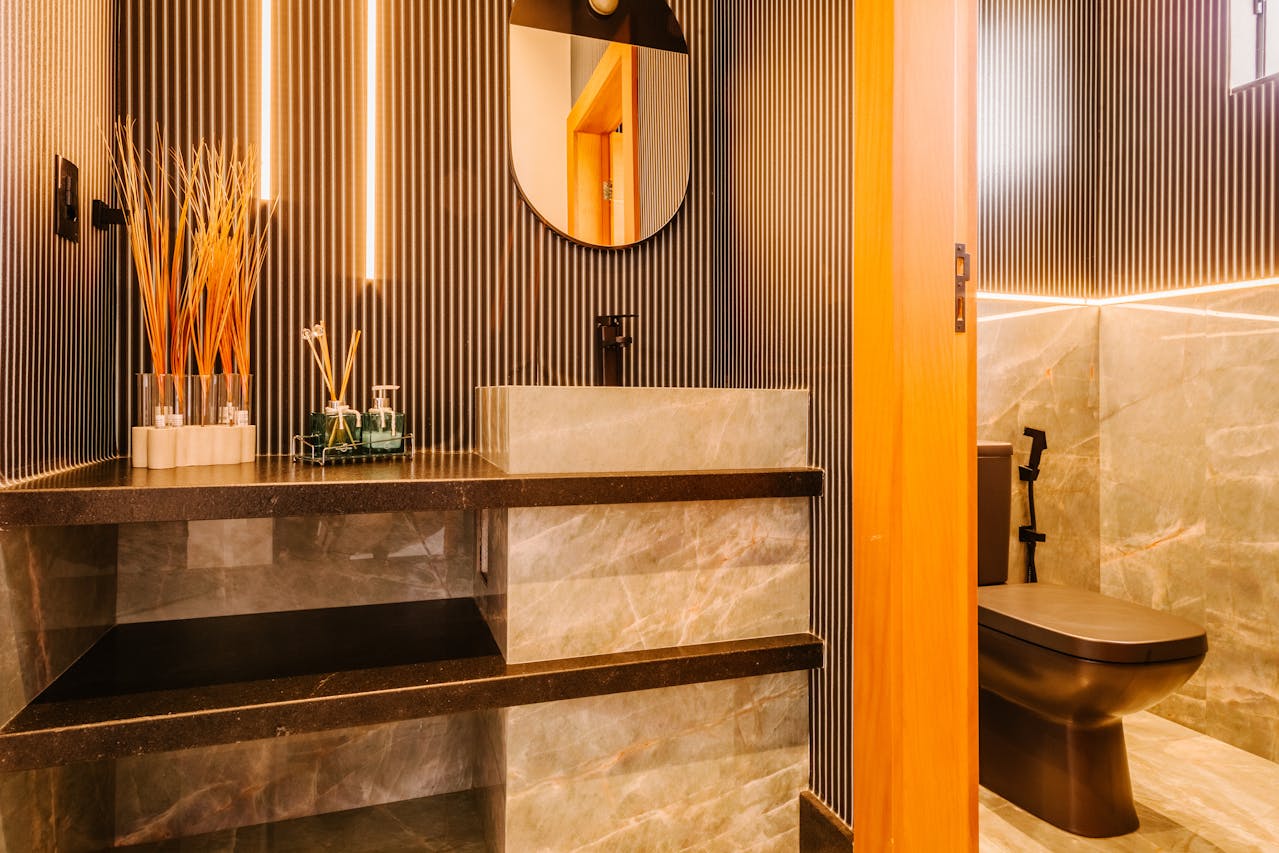
It’s tempting to make major renovations to your home after retirement, but expensive upgrades like luxury bathrooms or high-end kitchens can quickly drain your savings. Before starting a big project, consider whether the renovation will truly improve your quality of life. Instead of splurging on a complete overhaul, focus on small, cost-effective updates like fresh paint, energy-efficient appliances, or updated lighting. These improvements can make a big difference without breaking the bank.
Final Thoughts

Retirement is all about enjoying life, simplifying your routine, and focusing on what truly matters. By avoiding these 15 useless items, you can save money, reduce clutter, and spend more time doing the things you love. Whether it’s traveling, exploring new hobbies, or simply relaxing at home, there’s no need to fill your life with unnecessary purchases. Instead, make thoughtful choices that will enhance your retirement years and help you live with more freedom and joy. Here’s to a fulfilling and clutter-free retirement!
Leave a Reply